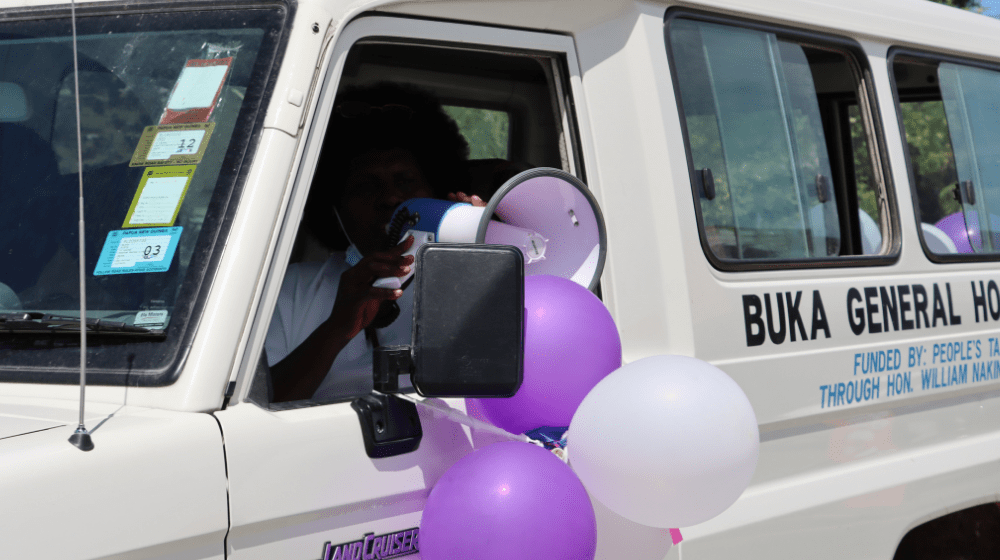Somewhere in Bougainville is a woman with obstetric fistula - an injury from childbirth that leads to lifelong complications and that is both preventable and simple to repair.
Obstetric fistula is a hole between the birth canal and bladder or rectum, caused by prolonged, obstructed labour without access to timely, high-quality medical treatment. The hole leaves women and girls leaking urine, faeces or both, and often leads to chronic medical problems.
Tragically, there is a strong association between fistula and stillbirth, with research indicating that approximately 90 percent of women who develop obstetric fistula end up delivering a stillborn baby.
The injury can be prevented by providing timely and high-quality emergency obstetric care for women and girls who develop complications during delivery. This can be achieved by ensuring all women and girls have access to healthcare services, and that they are supported to seek out these services early in delivery. Additionally, fistula can be repaired with reconstructive surgery.
During a recent visit to Buka General Hospital, the midwifery team shared with UNFPA that a young mother who had given birth, and was suspected to have obstetric fistula, left the hospital before the condition could be repaired.
She is one of many women in the country who may be living with this condition unnecessarily.
An estimated 500,000 women worldwide are living with obstetric fistula. Accurate numbers on the number of women and girls living with obstetric fistula in Papua New Guinea are difficult to know because the condition is associated with births that are not attended by a skilled professional, meaning the injury - or resulting stillbirth - is likely to go unreported.
“Understanding what happens to your body during pregnancy and childbirth is critical for a woman and for the health of her baby,” said UNFPA Country Representative Marielle Sander. “It is also important to know when childbirth is not going to plan and how to seek help. That is why health literacy must become a national priority.”
“Today we know a lot more about the dangers of childbirth. Thanks to science we are able to save more lives as well as give back a quality of life to women who have suffered the horrendous pain of obstructed labour.”
Raising awareness of obstetric fistula - and how to prevent it - is critical to ensuring women and babies do not suffer from this preventable injury.
Women who find they wet themselves (are incontinent) are encouraged to speak with a healthcare professional to have this condition repaired.
About Obstetric Fistula
Obstetric fistula is one of the most serious and tragic childbirth injuries. A hole between the birth canal and bladder and/or rectum, it is caused by prolonged, obstructed labour without access to timely, high-quality medical treatment. It leaves women and girls leaking urine, faeces or both, and often leads to chronic medical problems, depression, social isolation and deepening poverty. Half a million women and girls in sub-Saharan Africa, Asia, the Arab States region and Latin America and the Caribbean are estimated to be living with fistula, with new cases developing every year.
Yet fistula is almost entirely preventable. Its persistence is a reminder of gross inequities, a sign of global inequality and an indication that health and social systems are failing to protect the health and human rights of the poorest and most vulnerable women and girls. As the leader of the global Campaign to End Fistula, UNFPA provides strategic vision, technical guidance and support, medical supplies, training and capacity building, as well as funds for fistula prevention, treatment and social reintegration and advocacy programmes. UNFPA also strengthens sexual and reproductive health care including timely and quality emergency obstetric services to prevent obstetric fistula from occurring in the first place.
Read more about UNFPA’s work to end obstetric fistula here: https://www.unfpa.org/obstetric-fistula


